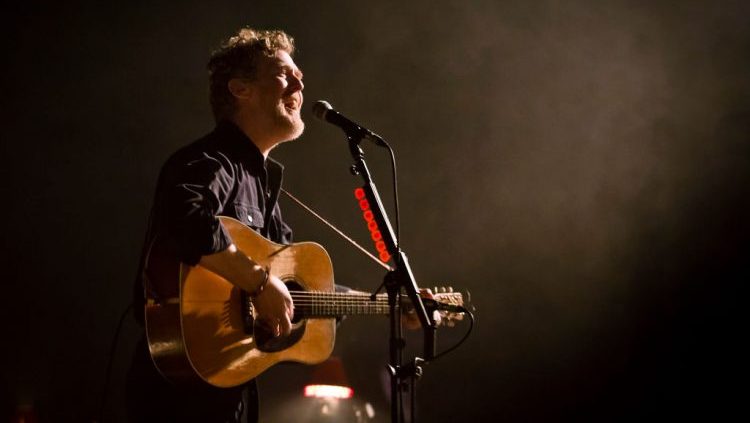Photo: Frank Hoensch / Contributor (Getty Images)
Ireland is more than just leprechauns and Conor McGregor. It is home to some of history’s greatest lovers, playwrights, and bards, so it’s no wonder that many of the world’s best musicians also hail from the Emerald Isle. For a country one-tenth the size of Texas, the Irish have given us more fantastic music than a Vegas DJ on molly. As St. Patrick’s Day draws near, now is as good a time as any to rank the best songbirds from the land of saints and scholars. Get ready to put your emerald playlist together as you prepare for a night of laughter, cheer, and draining every green-foamed keg in town. Sláinte!
Kiss me, I’m drunk: This Pop-Up Irish Pub Is The Perfect Place For Skiers To Party On St. Patrick’s Day
Get cheesy: Booze-Infused Cheese Comes To Aldi For St. Patrick’s Day
Follow Mandatory on Facebook, Twitter, and Instagram.
Best Irish Bands
-
The Cranberries
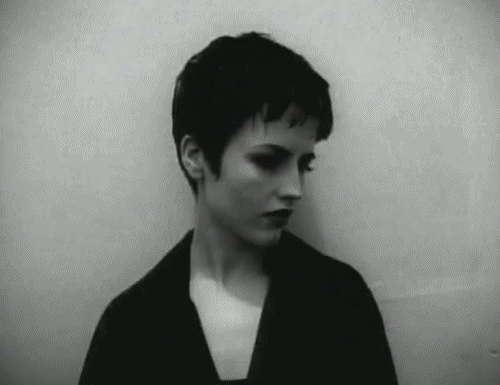
When Dolores O'Riordan passed away in 2018, the world seemed to step forward as one to declare a long-dormant love for the singer and her hauntingly beautiful vocals. Like codeine wrapped in a verdant fog, O'Riordan's voice initially hovered above the music in a fragile yet permeating way. The limerick band's solid take on sugary shoegaze gave greater shape and pop-sheen to the alternative music that had been stewing in the U.K. during the late '80s.
Their debut album, Everybody Else Is Doing It So Why Can't We?, is exactly the kind of cheeky introduction that let the world know The Cranberries were the new kid on the block. But it also suggested a playful nod to the unnamed mischief that we all find ourselves getting into, whether it be sex, drugs, or drinking six pints of lager and going sheep tackling in the nearest peaty bog. The first single, "Dreams," was so good, ten years later The Killers scored a hit using the same blueprint when they released "All These Things That I've Done." It was a pleasing sound that would linger for years to come.
-
My Bloody Valentine
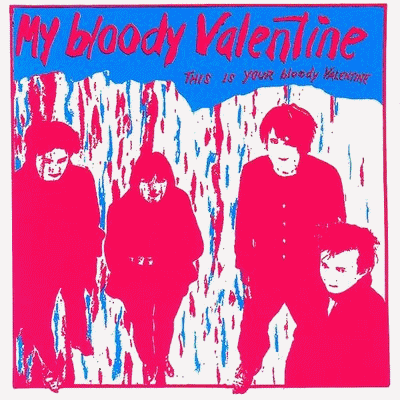
Perhaps one of the most important fixtures at the intersection of shoegaze and post-rock, MBV has inspired countless shoulder-shrugging kids to pick up a guitar, run it through a few stomp boxes, and turn the amp up to 10. Struggling to find success throughout the '80s with their emotionally visceral and sonically monstrous sound, this Dublin-formed band was dropped by their indie label after releasing the magnum opus, Loveless, in 1991 (due to high studio costs). Island Records swooped in to catch the rising group, but MBV soon began to flounder, and the band split before a real follow-up materialized.
Like many greats of the genre, MBV's cult status only grew as new generations discovered their music, leading to a double rebirth of shoegaze and noise rock, first in the early aughts, and then again in the past few years. "All I Need" is the perfect track for a dazed skate across the Liffey Bridge with a half-smoked cigarette burning in your hand. Feeling acerbically emo never sounded so good.
-
Flogging Molly
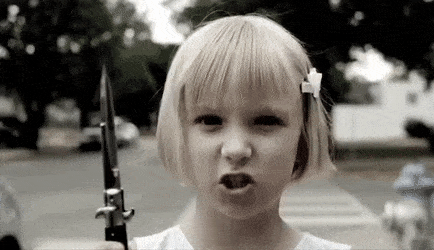
The most well-known Irish barroom banger (and the song you'll most likely hear if you go drinking in a pub on St. Patty's Day), is often thought to be attributed to Dublin-by-way-of-Los-Angeles band Flogging Molly. Though "I'm Shipping Up To Boston" (the song made famous by Martin Scorcese's The Departed) actually belongs to Boston band The Dropkick Murphys, both bands blend classic folk melodies and leprechaun-inflected ditties with '90s era punk music a la Fat Wreck Chords. Songs like "Drunken Lullabies," "Devil's Dance Floor," and "Irish Pub Song," will have you river-dancing the three-sheets jig in no time at all.
-
Them
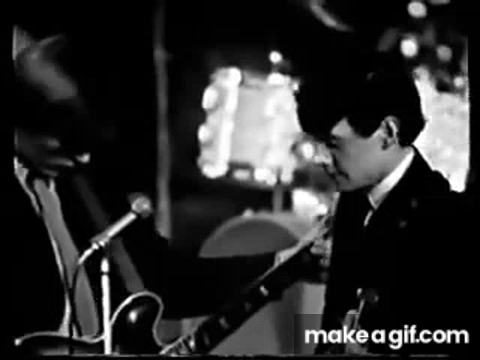
The Rolling Stones of Ireland, these cool young lads burst onto the Belfast music scene when lead singer Van Morrison convinced a local hotel to open an R&B club for youngsters in 1964. Their raucous live show caught the attention of execs at Decca records, who signed Them to a two-year contract, including Morrison, who, at age 18, had to have his father sign for him.
Though their first single, the Morrison-penned "Gloria," didn't catch on right away, Them consistently delivered energetic blues-infused rockers (including a track that featured a young Jimmy Page on guitar) that inspired future '60's legends like The Doors (who later opened for Them at the Whiskey in L.A.). Though short-lived, the band's whirlwind two years together led to some of rock and roll's most vibrant songs, including a cover of Bob Dylan's "It's All Over Now, Baby Blue," that seriously rivals the original.
-
The Swell Season
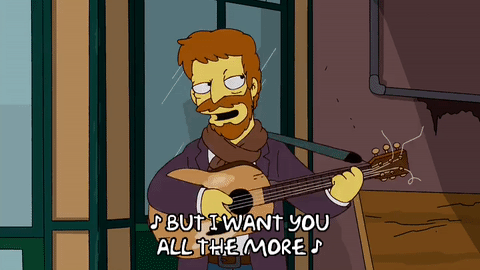
Once in a blue moon, a musical comes along to defy all odds, and in 2007, John Carney gifted us his little musical-that-could, winning hearts across the land with the timeless story of a Dublin busker and a Czech immigrant, and the music they would make together as they stumbled headlong toward unrequited love. Starring the real-life musical duo of Glen Hansard and Markéta Irglová, the film came off pitch-perfect and forever altered the landscape of what a musical could be. The standout track, "Falling Slowly," was such a hit, Hansard and Irglová's band, The Swell Season, began packing houses around the world, giving audiences a taste of their undeniable chemistry.
Tragedy struck in 2010, when a concert-goer at a show in California jumped off the roof of the venue and landed on the stage, killing himself. The death was marked a suicide, but the psychic damage left its mark on the duo, who stopped performing together regularly after that. Luckily, the melancholic melodies of the pair's music endures, proving that a simple song without any fancy trimmings can still take our breath away.
-
The Pogues
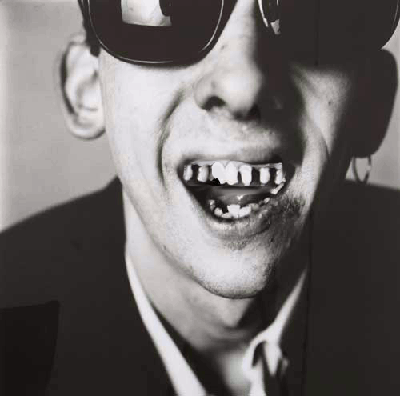
One of the most iconically Irish bands of the past 30 years was actually founded in King's Cross, London. The first to take a punk ethos and blend it with the traditional Irish sound of mandolins, tin whistles, and citterns, The Pogues brought Celtic flavor to the punk-loving masses.
Started as Pogue Mahone (meaning "Kiss My Arse" in Gaelic), the band was so hot in the '80s that when frontman Shane MacGowan left in 1991, Joe Strummer of The Clash temporarily stepped in to fill his shoes. "Dirty Old Town" is the most well-known of their songs, but "The Sick Bed of Cuchulainn" sees The Pogues at their chain rattling best. Bottoms up!
-
Stiff Little Fingers
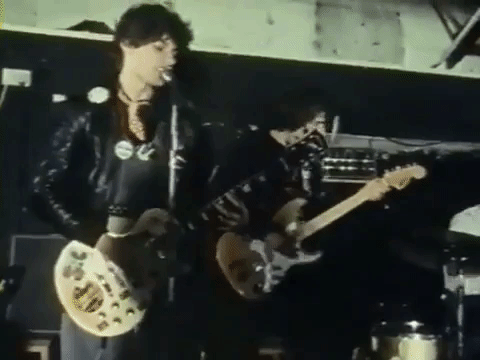
One of the least-known, yet most highly influential punk bands of all time, SLF was like the Sex Pistol with bollocks. Another Belfast band, these guys wasted no time on pleasantries. With thin, dirty guitars, an assaulting snare pelt, and the gravelly snarl of Jake Burns, the music burns into your eardrum while kicking you in the chest.
Formed during the height of "The Troubles," when the Protestant majority of English-controlled Northern Ireland and the Catholic majority of the Republic couldn't agree on the future of their fractured country, SLF ditched their classic rock roots for the harder hitting punk music that had just arrived in town. With lyrics like "their solutions are our problems, they put up the wall, on each side, time and prime us, make sure we get fuck all," the anger and resentment young Irishmen felt at the time was distilled like moonshine by the band. A sip of their raw potion is just as potent today.
-
Thin Lizzy
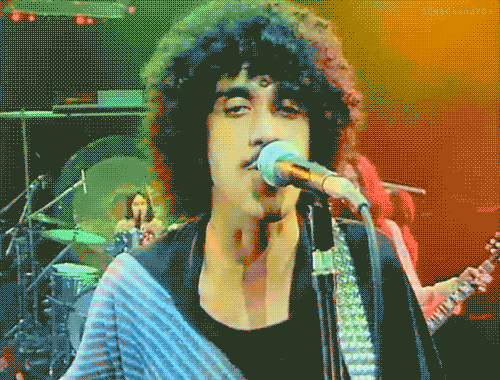
One of the few Dublin rock bands heavy enough to be considered metal, Thin Lizzy borrowed the sounds of American bands like Steely Dan, Jeff Beck, and Jimi Hendrix, and mixed it with folk-tinged lyrics inspired by the likes of Dylan, Springsteen, and traditional Irish literature. The result was songs like "Jailbreak" and "The Boys Are Back In Town," rollicking tube-warmed riffs that paint a playfully masculine portrait of the rule-breaking good times in the decade of gratuitous fun.
The band is known for their twin lead guitar sound, which they nicked from contemporary acts Wishbone Ash and Bob Seger, then refined into a heart-thumping tone of their own, leaving an indelible mark on the mountain of rock and roll.
-
Two Door Cinema Club
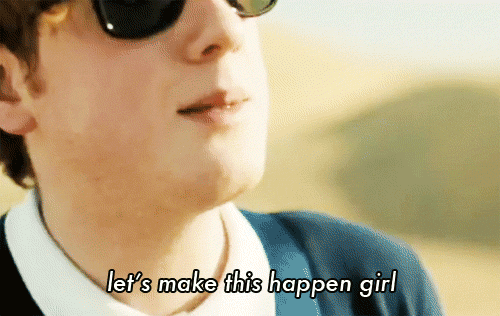
This Kitsune-backed indie club-rocking trio from Northern Ireland turned heads in 2011 with their debut album, Tourist History. Though the song wasn't released as a single, the band performed What I Know for American audiences on Late Night With Jimmy Fallon, turning the song into their biggest hit. Their signature sound of clean lead guitar, club-worthy kick and snare, and hip driving bass is partially thanks to the fact that they didn't have a drummer. With a voice like Ben Gibbard, Alex Trimble sings songs of angst and self-deprecation, giving the songs a sensitive emotional reticence that plays nicely against the hard-driving tempos the band is known for.
Continuing to release material and play festivals the world over, Two Door Cinema Club recently hinted via their social media that they will soon be releasing a new record, their fourth.
-
Snow Patrol
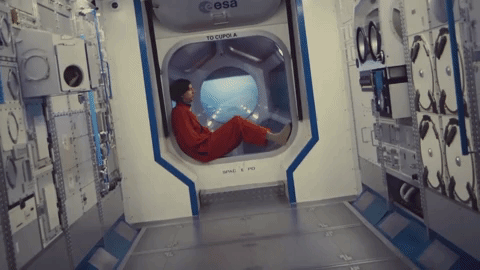
Though formed in 1994 during the height of the second British Invasion, these Northern Irish rockers rode the wave of post-Brit-rock bliss in 2006 when their song, "Chasing Cars," was featured in a climactic scene in the season 2 finale of Grey's Anatomy. The song became an overnight smash and was soon nominated for a Grammy in America, while the album from whence it came, Eyes Open, took home the prize for best-selling album of the year in the U.K.
Though the band has had some personnel changes over the years, Snow Patrol continue to release new music, giving sentimental folks everywhere a chance to sigh with watery eyes as they gaze up at the sky.
-
The Boomtown Rats

Never quite achieving the success they wanted, The Boomtown Rats were a mixed bag of post-punk, rock and roll, and new wave music. Though the songwriting wasn't quite as good as contemporaries like The Clash, Bruce Springsteen, or Elvis Costello, the Rats did write the first Irish rock song to reach number one in the U.K. singles charts with the 1978 tune, "Rat Trap."
Former journalist and Boomtown frontman, Bob Geldof, overshadowed the success of the band when he founded the legendary benefit concert Live Aid, along with the philanthropic musical group, Band Aid, who co-wrote one of the best-selling singles of all time, Do They Know It's Christmas? If you've never heard of the Boomtown Rats, check out I Don't Like Mondays, a strange blend of Bowie and Queen theatricality, and Ramones toughness, or the kooky Clash-inspired number, Like Clockwork.
-
Van Morrison
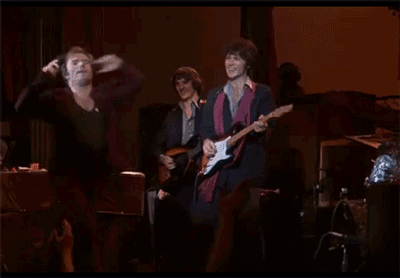
After reinventing himself with the hit single "Brown-Eyed Girl," Van Morrison created a towering pop music achievement that would cast a shadow on him for decades. When he failed to deliver a sequel to the hit song, Morrison's label dropped him faster than a spider at an arachnophobia seminar. Reduced to playing coffee shops in and around Boston, Morrison was "discovered" playing strange mystic folk music by a young music producer, Lewis Merenstein, who couldn't believe this was the same guy who had just recently been singing about "skipping and jumping, hey hey," on radio stations across America. But when he heard "Astral Weeks," Merenstein began to cry, later recalling that the song, "just vibrated in my soul..."
Over a frenzied three-day session, the new album of the same name was recorded at New York's Century Sound Studios, calling upon the best session musicians in town, who Morrison told to play whatever came to mind. The result was a masterpiece and began the first step in Morrison reestablishing himself as one of the most soulful singers of his generation. It only took Astral Weeks 32 years to become an overnight hit when it was finally certified Gold in 2001.
-
The Dubliners
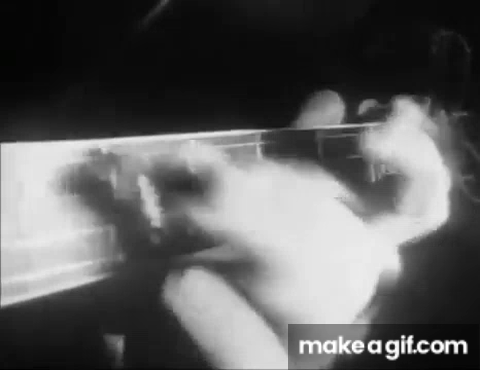
Probably the most quintessentially Irish band on the list, The Dubliners started playing in 1962 and didn't stop for 40 years. Embracing the traditional Celtic sounds of banjo, mandolin, tin whistle, and bodhrán, with Gaelic harmonies and lilt, The Dubliners defined what the rest of the world would come to know as the Irish folk sound. Still heard in just about every bar in the country, this proud, whimsical, often heart-breaking music continues to entertain ladies and gents as they share stories and down pints at the local pub.
-
U2
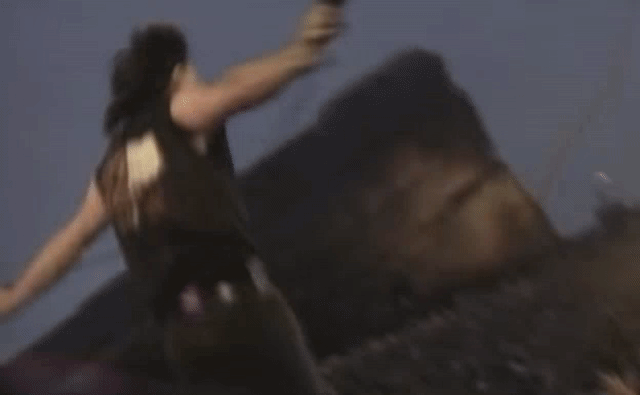
No list of Irish bands would be complete without U2. Love 'em or hate 'em, they are by far the biggest act to come out of the Emerald Isle since music was invented. Their first albums exploded with an energetic post-punk sound, harvesting tracks from their 40-plus song catalog and striking up a relationship with longstanding producer, Steve Lillywhite. Within a few years, the band's sonic ID started to crystallize with the syncopated yet spacious drum work of Larry Mullen Jr., the understated bass playing of Adam Clayton, Bono's soaring and sensuous vocals, and the instantly recognizable stadium-sized axe epiphanies created by The Edge.
Though the instant commercial success of The Joshua Tree divided their fans and sent the band on a direct course to becoming near-caricatures of themselves, the opening minutes of Where the Streets Have No Name is still one of the most spiritually orgasmic pop songs of all time.
